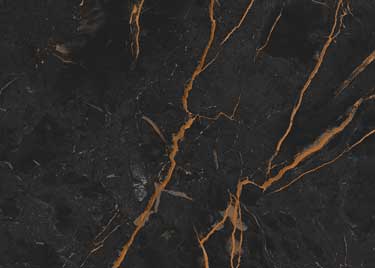Qualities of Various Surface Materials
Lorem ipsum dolor sit amet, consectetur adipiscing elit, sed do eiusmod tempor incididunt ut labore et dolore magna aliqua. Ut enim ad minim veniam, quis nostrud exercitation ullamco laboris nisi ut aliquip ex ea commodo consequat. Duis aute irure dolor in reprehenderit in voluptate velit esse cillum dolore eu fugiat nulla pariatur. Excepteur sint occaecat cupidatat non proident, sunt in culpa qui officia deserunt mollit anim id est laborum.
Marble
Marble is a porous, high-maintenance surface.
We could get into the geology of this, but the takeaway is that marble is vulnerable to staining agents (like wine, juice and oil) that seep deep into the rock. When this happens, it’s difficult to reverse, so professionally sealing the surface upon installation is essential to help prevent damage. The key word here is help. Unfortunately, you’ll need to repeat the sealing process (you can do this yourself, with a quality sealant) every three to five years. We recommend using Bulletproof by Dupont.
Be prepared to see some scratches.
… And to slice lemons on a butcher’s block. Prolonged exposure to an acid (called etching) removes the polish or sealant from marble’s finish and makes it dull and more vulnerable to scratches. Marble is much softer than other durable stones (think granite or manufactured quartz).
Marble is heat-resistant — which is great — but you still need to be careful.
Despite its ability to withstand high temps, you never want to place a piping hot pot on marble (or granite or quartz for that matter!), for risk of discoloring the surface — always use a pot holder.


Granite
Granite is Tough and Durable
Granite is rock-hard, literally. It’s second only to diamond in terms of the hardness of natural materials. When properly installed, it will be the last countertop you ever need. If you replace it down the road, it will be because you want to and not because you have to. It resists chipping, scratching, and cracking. Because of their hardness, granite counters are also heat resistant. If you do manage to chip or crack the granite, it is a relatively easy thing to fix, depending on the severity of the damage. While it’s not recommended, if you occasionally set a hot pan or tray directly on the countertop, it won’t damage it the way it would laminate, wood, and other softer materials.
Maintenance is Easy
The granite counters must be properly sealed, and that’s why it’s a great idea to have an experienced professional do the installation. But when sealed according to the manufacturer’s guidelines, the granite countertop will resist staining and bacteria. You can also seal them yourself. This makes cleanup easy using soap and water, or with a cleaner designed for your granite.


Quartz
So what is Quartz? If you’re not familiar with the countertop material, it is a man-made stone. Only about 10 percent of it is made of natural materials, and that is crushed up granite, marble, and sometimes actual quartz. It also can have recycled materials in it like glass bottles and mirrors. It’s all held together with a resin binder.
Appearance and Choice
Quartz will be a predictable cut slab with few if any imperfections.
Quartz can be as bold as granite and as subtle as marble. Being a manufactured product the sky is the limit when it comes to design. There are hundreds of new colors released each year as the trends change.
Maintenance
They are so easy to keep clean! It’s as easy as soap and water and a nonabrasive cloth. Since it is not porous like natural stone, there is no need to seal Quartz. This also means that bacterial growth is a non-issue.
They resist permanent staining when exposed to liquids as long as taken care of within reason.
Durability
Quartz is far more durable than any other countertop.
Because of the makeup of materials within Quartz, it is also very unlikely to scratch unless in the most severe cases.


Dekton
Ultra-compact porcelain material

